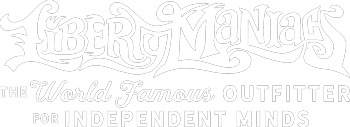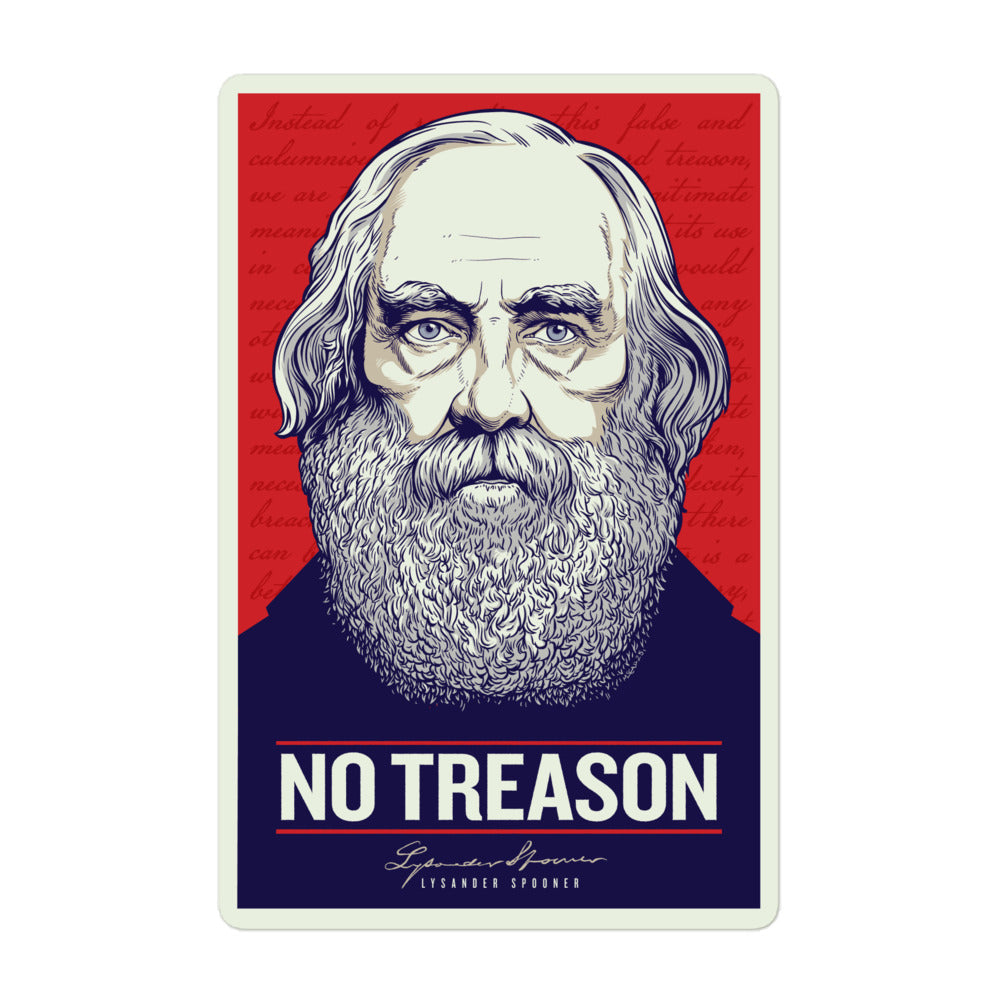Every piece I’ve bought has held up, looks great, and is actually comfortable to wear—can’t say that about a lot of brands. I’m hooked. Nothing else I’ve found comes close.
Browse Categories
Add description, images, menus and links to your mega menu
A column with no settings can be used as a spacer
Link to your collections, sales and even external links
Add up to five columns
Add description, images, menus and links to your mega menu
A column with no settings can be used as a spacer
Link to your collections, sales and even external links
Add up to five columns
Civil Disobedience, Transcendentalism, and Giving a Damn
In his work "The Kingdom of God Is Within You" (1894), Tolstoy articulated his ideas on Christian anarchism and nonviolent resistance. He argued that individuals should refuse to participate in or support the state's violence, including military service and payment of taxes for purposes of war.
While Thoreau's ideas also emphasized individual conscience and resistance to unjust authority, his approach was more explicitly political and focused on direct action against specific laws or policies.
So, while both Tolstoy and Thoreau advocated forms of disobedience and resistance, Tolstoy's views were arguably more deeply rooted in Orthodox Christian principles and passive resistance, while Thoreau's ideas were more secular and focused on direct confrontation with unjust laws.
Reviews
Finally, a brand that’s got some guts! I ordered a shirt just for laughs, but now I’m back getting them as gifts for the whole family. No cheap prints or lame designs—this is the real deal.

My husband loved it. One shirt had to be exchanged, but it was easy. Will buy again.

Tiger stripes! Another cool manics shirt. Thanks guys!

Savage designs. I occasionally wear my shirts to work under another shirt and smile. They finally have really nice heavy tees that don't feel stiff. I didn't like their old zip hoodies because they were too lightweight and made by American Apparel, but now they have heavier ones that hold up.

Great quality. Most ‘patriotic’ gear is all flash, no quality, but not Liberty Maniacs. They’re clever, sharp, and have a sense of humor without being tacky. Proud to wear this stuff.

Super soft and insanely comfortable! I love my shirt, and my husband loves his hoodie… or should I say my new hoodie since I keep ‘borrowing’ it while he’s at work. It's definitely our favorite brand now.

Nice quality, soft cozy material.
Will definitely buy more. Shipping came on time. The sizing was good, and I got a ton of compliments on it.

This shirt? Chef’s kiss. Rocked it around town, and let’s just say it got some looks—can’t argue with launching a few politicians via catapult. Soft as hell material. 10/10

Great fit and quality as always!

I've learned to be more discriminating about the companies I buy from. I've been happy with both orders. Keep up the good work.

Liberty Maniacs nails it with the patriotic gear. I got the shirt with Lysander Spooner, and it’s hands down my new favorite. Not only is the design legit, but it actually feels like a shirt I want to wear (super soft, if you’re wondering). Plus, half the fun is when someone recognizes it. Can’t wait to see what other historical gems they come out with!

Subscribe
Sign up to get the latest on sales, new releases and more …








